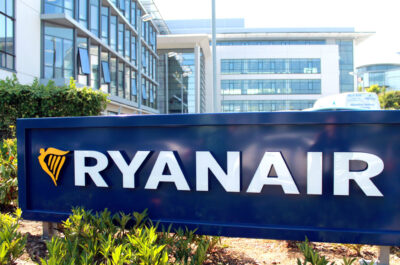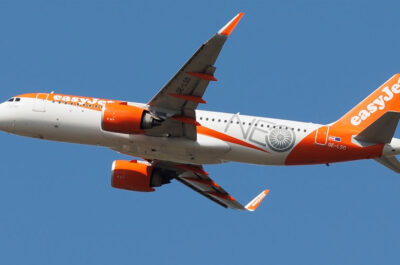Findings from WYSE Travel Confederation’s May survey on the impact of COVID-19 on travel and tourism businesses indicate that volunteer travel, language travel programmes and tours/activities expect the sharpest decline in business and the UK, Ireland and Spain are the least optimistic countries in terms of outlook for 2020.
The business outlook of travel and tourism companies continues to worsen, according to findings of WYSE Travel Confederation’s third COVID-19 Travel Business Impact Survey. For the second quarter of this year, the average expected change in demand relative to the same period last year is -76%. For 2020 as a whole, respondents expect to see, on an average, a 70% decrease in demand. In this May edition of this survey series we take a look at the actions that respondents would like to see governments taking to address the crisis, including the provision of financial assistance, investment in public health and establishing global standards.
Business prospects for 2020
Business prospects for 2020 continue to worsen. The proportion of respondents expecting things to get much worse as a result of COVID-19 has gone from 28% in March to 72% in May. Hardly any respondents in May expected business prospects for 2020 to get better or even to remain the same.
Demand
With travel restrictions in place across the globe, it is not surprising that demand continues to fall. The average expected change in demand for Q2 2020 relative to Q2 2019 was -76%. For 2020 as a whole, respondents expect to see an average 70% decrease in demand for their primary product/line of business.
Between March and April 2020 there was a sharp fall in expected demand for the calendar year, from just under -30% in March to –60% in April. In May, results indicate a stabilisation in expectations, although continue to reflect a severe reduction in demand.
Different areas of youth and student travel show some variation in expectations for both Q2 2020 and the whole of 2020. The least pessimistic are technology providers. Gap year companies have been least affected compared to others but are expecting a sharper decline over the rest of 2020. The most severely affected businesses in youth and student travel in Q2 are transportation, insurance and accommodation providers.
At country level there are some differences in demand. Respondents based in Ireland have been hardest hit in Q2, followed by Spain and the UK. Italy, the first European country to be severely hit by the virus, is expecting slightly stronger demand in Q2 this year than other European countries. Portugal, which has so far done a good job of containing COVID-19 deaths, is the most optimistic European country in terms of anticipated business prospects for 2020. North American countries and Australia are expecting slightly better results for both Q2 and the whole of 2020 than their European counterparts.
What could governments do to help travel and tourism businesses?
Respondents feel that the most important action that government could take to immediately help business prospects is to open borders for travel. Obviously without borders open for travel, businesses across the travel and tourism industry have limited opportunities. Because it is unlikely that all borders will open in the near future, businesses are looking to governments for financial assistance to see them through the crisis. The most frequent suggestions on financial support were for governments to make loans and tax relief available.
Data for this report were collected between 1–11 May 2020 by WYSE Travel Confederation, the global association for youth, student and educational travel organisations, via web-based questionnaire (in English). The survey was the third in a series titled COVID-19 Travel Business Impact Survey. The third iteration of the survey attracted 448 responses from 71 countries. Three-hundred and forty-seven responses were retained for analysis. Respondents included organisations specialised in youth travel products as well as those representing mainstream travel products, members and non-members of the association. All respondents were asked about the impact that the COVID-19 (Coronavirus) pandemic has had on their business in travel. Questions related to change in demand, outlook for 2020, main concerns and actions taken in response to COVID-19 have been repeated across surveys. New questions related to government action, types of financial assistance and potential trends were added to the third iteration of the survey. The profile of respondents to the third survey in May 2020 was similar to that of respondents of the first and second surveys in March and April, with there once again being relatively fewer responses from language and educational travel providers and more responses from providers of accommodation and activities, tours & attractions. When comparing the May, April and March survey respondents, there has been a slight decrease over time in the level of youth travel specialisation of respondents, going from 69% in March of doing 50% or more of their business in youth travel down to 60% in May.
Tatiana is the news coordinator for TravelDailyNews Media Network (traveldailynews.gr, traveldailynews.com and traveldailynews.asia). Her role includes monitoring the hundreds of news sources of TravelDailyNews Media Network and skimming the most important according to our strategy.
She holds a Bachelor's degree in Communication & Mass Media from Panteion University of Political & Social Studies of Athens and she has been editor and editor-in-chief in various economic magazines and newspapers.







































































































































































































